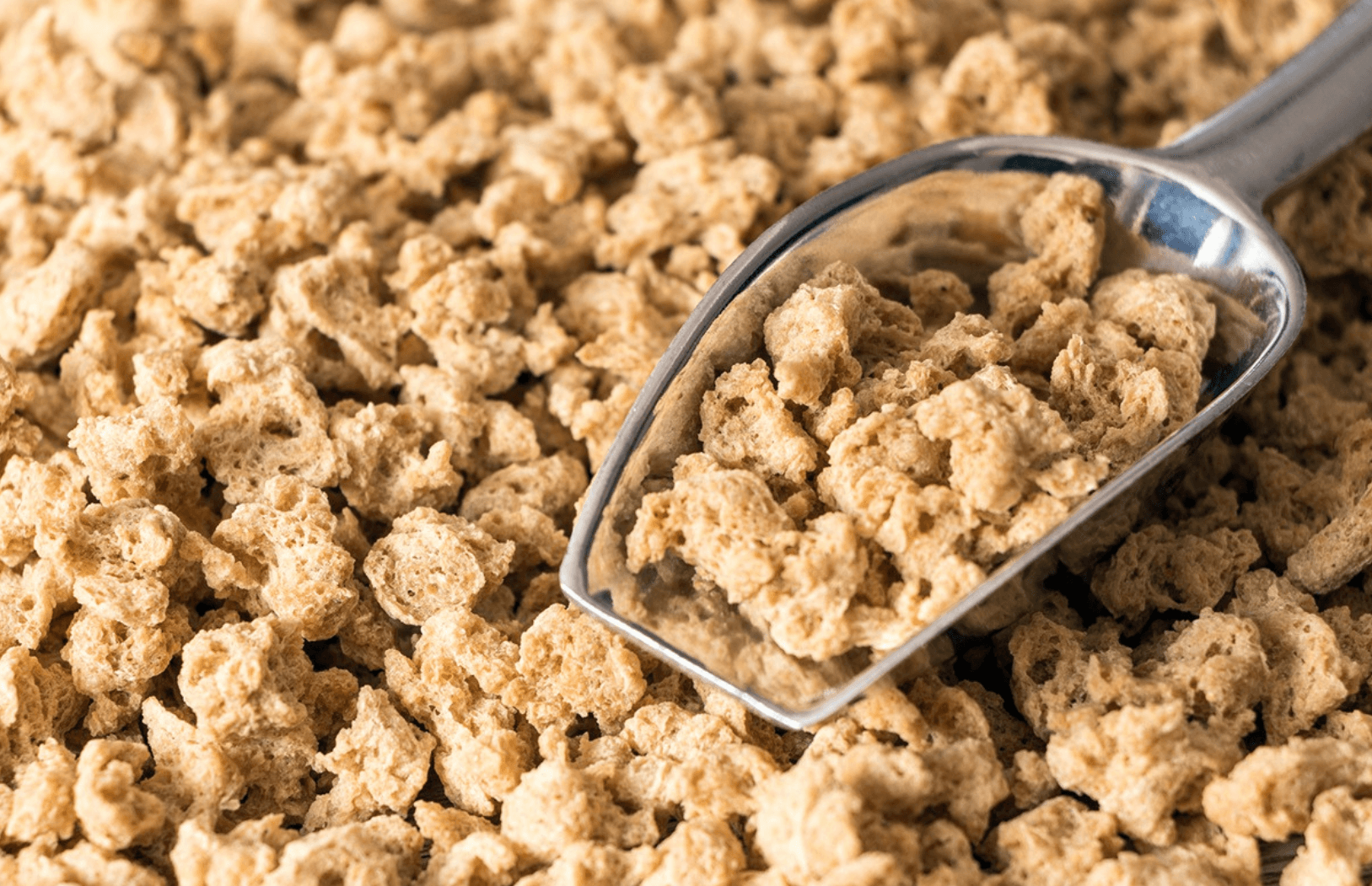Culture, Copper and Clean Water
Rediscovering Ayurveda wisdom
Many of us might have heard the Hindi language muhawra‘Ghaat ghaat ka paani peena’literally translating to drinking water from multiple sources, but with a deeper meaning of having gained a vast experience being exposed to varied aspects . But in our current times, where water pollution and contamination isa dark reality, ghaat ghaat ka paani peena literally would give you illnesses ranging from mild gastrointestinal issues to fatal conditions.
In families which has access to tap water, there are water purification systems installed in kitchens and some boil water as a safety practice, but many households in our country do not have that benefit. Several parts of the country still have situations such that people walk long distances to fetch water from a source that is not necessarily clean. Unhygienic water causes diarrhea, one of the major causes of death of children under the age of 5 years.
Aware about the global issue, some of the scientists from our organization decided to explore solutions derived from Traditional Knowledge for water safety problem-solving. Traditionally as a common household practice and in Ayurveda literature, we can find references regarding safe drinking water storage mentioned in metallic vessels of gold, silver, copper (Susruthasamhita,Sutrasthana, 45/13) along with usage of some medicinal plant species like Musta(Cyperus rotundus) Khadira (Acacia catechu), Jeeraka (Cuminum cyminum), Shunti (Zingiber officinale) to enhance the water quality. Thus began a mission, a project study bridging shastra with science, studying the efficacy and safety of the metals in water purification.
Contemporary science tools and methods were used to put this age-old practice under the microscope. Researchers inoculated drinking water with diarrhea-causing pathogens viz., Escherichiacoli, Salmonella Typhi, and Vibrio cholerae and stored it overnight in copper vessels. By morning, the result was startling: none of the organisms survived.
Further analysis revealed:
The optimal surface area of copper needed to disinfect water was 15.2 cm²/litre.
The copper levels in the water stayed below 475ppb, well within WHO’s safety standards.
Even rotavirus, a stubborn pathogen responsible for severe diarrhoea, was effectively neutralized.
A field trial across a semi-urban population in India showcased a marked reduction in diarrheal cases when copper-treated water was used. This isn’t just data, it’s a testament to how heritage and innovation can intersect to improve public health.
To establish the long-term safety of copper-treated water, a pre-clinical trial was conducted using Sprague Dawley rats. After 90 days of consuming this water, the results were clear:
No abnormalities in behavior or blood biochemistry.
Stable enzyme levels and healthy histopathology of vital organs, including liver and kidney.
A strong safety profile that supports widespread use.
The effectiveness of Copper in water-safety led to the design of a point-of-use water purification device, a Copper Coil. Further design innovation led to the development of TAMRAS, a combination of food grade vessels immersed with easy to clean copper device, with benefits as follows
It needs no electricity or fuel.
No recurring maintenance costs.
Is a simple to use-Clean every night, refill with fresh water and in the morning, safe, cool TamRas water is ready.
Lasts a Lifetime.
Low Cost
The research spanning a decade from 2006 to 2016 is a stirring reminder that traditional knowledge doesn’t belong in archives it belongs in action. By exploring the synergy between Ayurveda and contemporary science, we’re not just honouring cultural wisdom, we’re empowering communities with sustainable, low-cost health solutions.
#water #tduresearch #watersafety #wash #traditionalknowledge#ayurveda #shastrawithscience #copperwater #communityhealth #healthsolutions
Author – Dr Inde TG
Photo Credits – TDU Ayurveda Biology & NutritionTeam
Read more about our work on Copper here
https://www.researchgate.net/publication/317770380_Safety_evaluation_of_a_traditional_knowledge_based_copper_device_for_microbial_purification_of_drinking_water_at_hom

International Environmental Education Day (January 26)
Jan 23, 2026
On International Environmental Education Day (January 26), we are reminded of a powerful truth: The future of our planet depends on what and how we teach today.
Read more

TDU VC Darshan Shankar pays tribute to Prof. Madhav Gadgil
Jan 9, 2026
Read more

Rethinking Periods: When Did Rest Become Restriction ?
Jan 8, 2026
Menstruation is one of the most natural processes of the female human body, yet it remains one of the most misunderstood. Across cultures-especially in India-it has been surrounded by silence, shame, and countless restrictions.
Read more

When a Baby Cries, the Body Speaks – Learning to Understand Your Child’s Silent Language
Jan 8, 2026
Children are often called a gift from God. When a baby is born, it feels like receiving a blessing
Read more

Plant Imperialists : The destructive case of Lantana camara
Jan 8, 2026
British gardening enthusiasts brought Lantana camara, a shrubby plant with spectacular inflorescence, to Kolkata around the 1800s. Surely, they enjoyed having colourful flowers around them and hoped to feel less homesick while they mass-occupied Indian land
Read more

Are Mock Meats Just a Modern Fad ?
Jan 8, 2026
“Mock meats” or meat analogues are often dismissed as a bizarre trend by many and countless memes have spawned from the internet’s apparent disdain for mock meats and their consumers.
Read more



